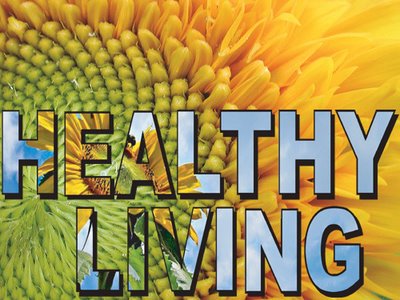Sports drinks contain carbohydrates and electrolytes that provide fuel for muscles, maintain blood glucose levels, and quench your thirst. They help prevent dehydration as well as hyponatremia (insufficient sodium).

Don’t confuse sports drinks with beverages that are marketed as energy drinks. Energy drinks shouldn’t be used during exercise — they’re too highly concentrated in carbohydrates, have a lot of caffeine and may contain questionable herbal and other ingredients.
When to use sports drinksIt’s wise to consume a sports drink if you exercise continually 90 minutes or longer. Competitive athletes need a sports drink sooner. In these longer sessions, you must not only stay hydrated, you also need to replace sodium and sugar, which you lose through sweat and exertion.
Some sports medicine experts say that exercise suppresses your thirst mechanism. The sodium in sports drinks such as Gatorade, Powerade and All Sport stimulates your need to drink. However, there are other brands that claim to offer extra ingredients to enhance performance — and these added ingredients often turn out to be useless or even dangerous.
The risks of energy drinksSports medicine experts advise you to be cautious with energy drinks that claim to boost your strength and endurance. These drinks aren’t regulated or standardized, so it’s hard to know what you’re getting. You’re better off eating a healthy diet and staying well hydrated during exercise.
Consider these points if you choose energy drinks:
1- Many of these beverages are high in carbohydrates and contain excessive amounts of caffeine and other stimulants.
2- Some of them contain amino acids, protein and other ingredients in such small amounts that they won’t do you any good.
3- Some ingredients may interfere with medications.
4- Drinks that contain risky herbs such as ephedra could be life-threatening.
5- Depending on their ingredients, some energy drinks may be dangerous when combined with alcohol.
6- Some contain substances that may prevent you from properly absorbing nutrients and cause intestinal problems.
Remember that no beverage can replace getting enough sleep, training properly and leading a healthy lifestyle.
Information from Mayo Clinic
